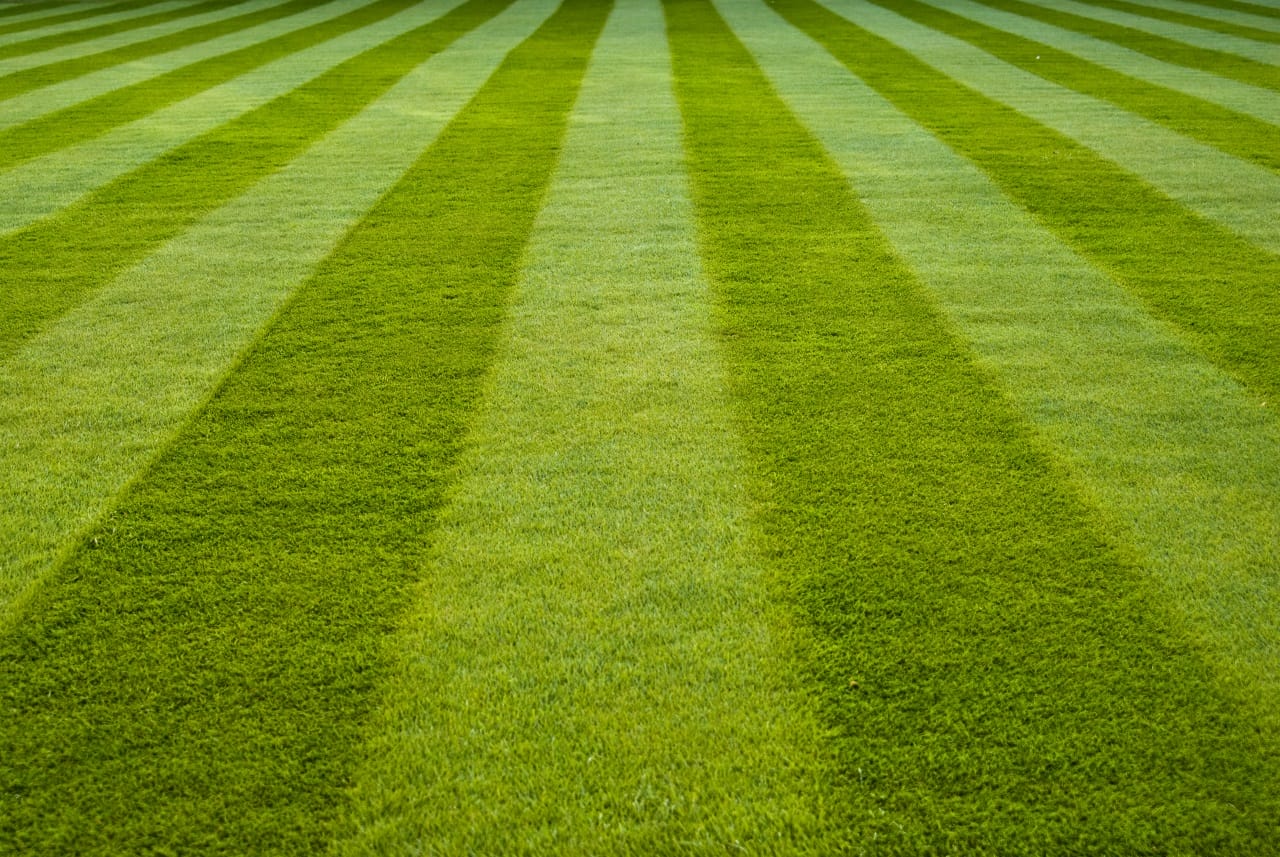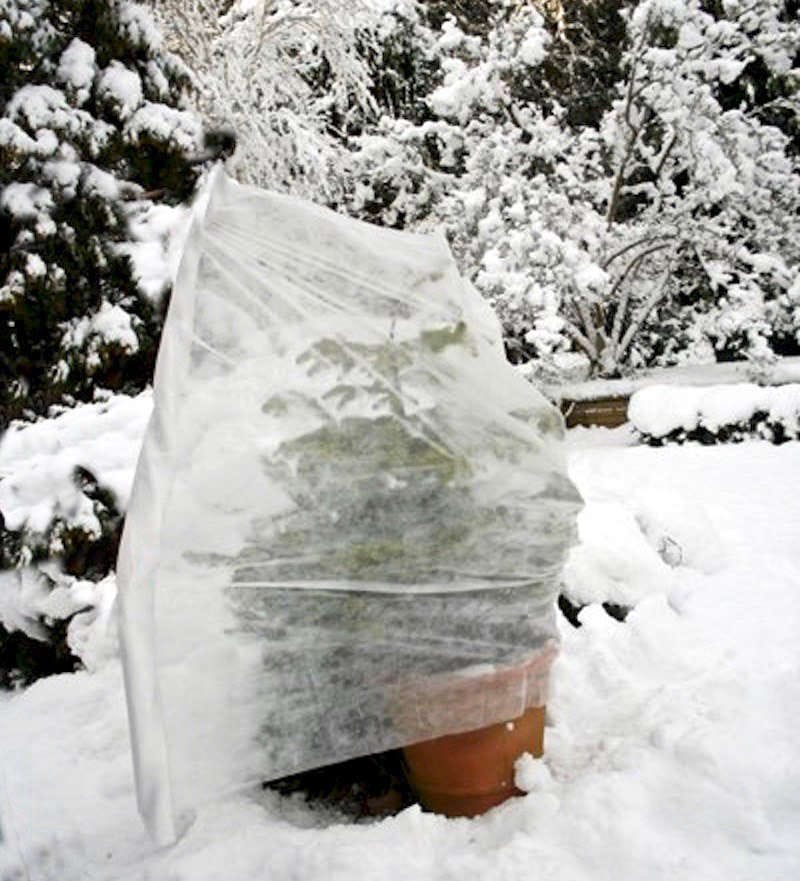Winter Lawn Maintenance Checklist for Austin Homeowners
By Innovation Grounds
Winter in Austin brings a change of pace for homeowners, especially when it comes to lawn care. While the cold months might seem like a time to forget about your yard, winter lawn maintenance in Austin is crucial to ensuring your grass stays healthy and vibrant as the seasons change. In this guide, we’ll cover a comprehensive winter lawn maintenance checklist to help you keep your lawn in tip-top shape during the colder months.
Why Winter Lawn Maintenance is Important for Austin Lawns
Austin’s climate is unique, with mild winters and hot, dry summers. This makes it important to maintain your lawn year-round, even during the winter months. Without proper care, your grass can become stressed, vulnerable to disease, and susceptible to pests. Winter lawn maintenance in Austin helps protect your grass from these issues while ensuring it’s ready to thrive once the warmer months return.

1. Mow Your Lawn Before the First Freeze
One of the first steps in winter lawn maintenance in Austin is to mow your lawn just before the first freeze of the season. It may seem counterintuitive, but cutting the grass down to an appropriate height (around 2 to 3 inches for most types of grass in Austin) before the freeze helps your lawn stay healthy. This prevents the grass from becoming too long and vulnerable to disease and fungus during the colder months. It also helps ensure that your lawn doesn’t get matted down under snow or frost, allowing air to circulate more freely.
Tip: Avoid cutting your grass too short, as this can stress the plants and leave them susceptible to damage from the cold. A clean, sharp mower blade is essential for an even cut.
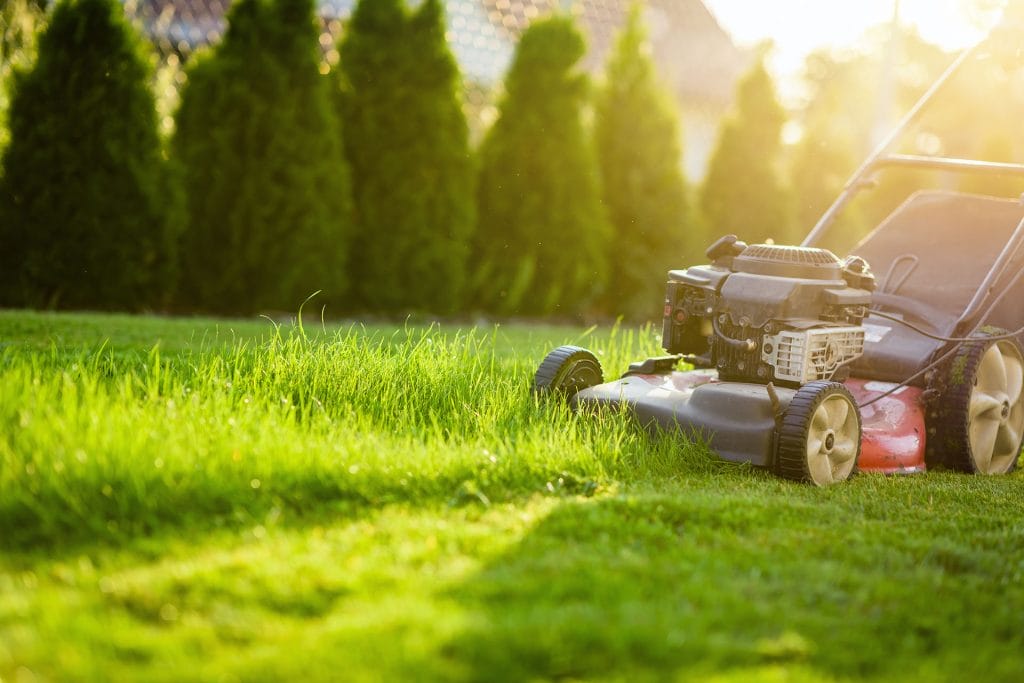
2. Rake and Remove Leaves
As the trees in Austin shed their leaves, it’s important to regularly rake your lawn. A thick layer of leaves can block sunlight from reaching your grass, leading to mold growth and compaction. It’s also easier to keep your lawn clear of debris when you make it a habit throughout the season.
Why it matters: Raking helps reduce the risk of fungal diseases that can develop from decaying leaves sitting on your grass. If you don’t want to bag the leaves, consider using them to create mulch or compost.
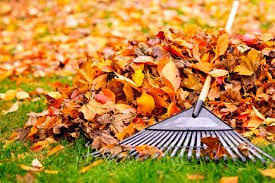
3. Aerate Your Lawn
While aeration is typically done during the growing season, it can also benefit your lawn in the winter, particularly in Austin, where the soil can become compacted due to dry weather conditions. Aeration involves creating small holes in the soil to allow water, air, and nutrients to reach the grassroots more effectively.
Why aeration is crucial: Aerating your lawn before the winter months helps improve soil structure and drainage. It’s also beneficial if your lawn is heavy with clay or prone to water pooling. A healthy lawn in winter will bounce back stronger in the spring.
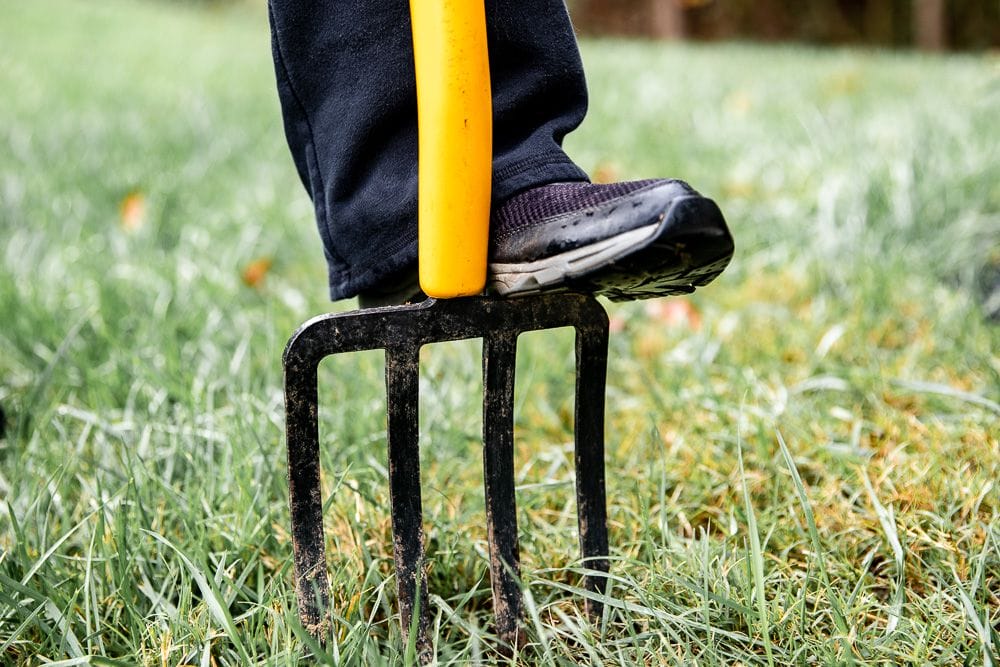
4. Fertilize for Winter Health
Winter lawn maintenance in Austin involves preparing your grass for the dormant season. Fertilizing with the right nutrients can help strengthen the root system and provide the necessary nutrients your grass needs while it’s not actively growing. A winter fertilizer high in potassium, phosphorus, and low in nitrogen is ideal for winterizing your lawn.
Tip: Be cautious with nitrogen-heavy fertilizers, as they promote growth that might not be beneficial during the colder months. Over-fertilizing can also encourage weeds to grow.
What to look for in winter fertilizers: Products with slow-release formulations are best for winter months. These types of fertilizers provide nutrients over time, ensuring your lawn gets a steady supply without over-stimulating growth.
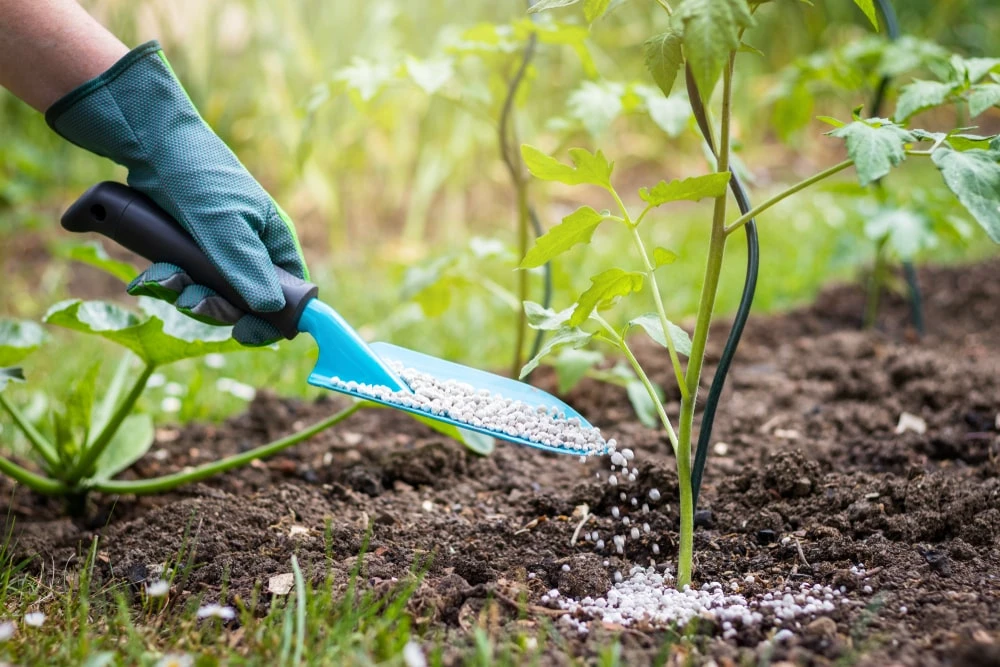
5. Watering in Winter: A Fine Balance
Austin’s winters can sometimes be quite dry, with rainfall being sporadic. Although the grass is dormant, your lawn still needs water to stay hydrated and healthy. However, the key to winter watering is moderation. Too much water can lead to root rot, while too little can cause dehydration.
How to water your lawn during winter:
- Water deeply but infrequently. Aim to water your lawn only if the weather has been dry for a few weeks. A deep watering will encourage roots to grow deeper, which will help the lawn survive the dry winter months.
- Water in the morning to prevent overnight frost damage.
If you are unsure about watering needs, check the moisture level of the soil by sticking a finger a few inches deep into the ground. If it feels dry, it’s time to water.
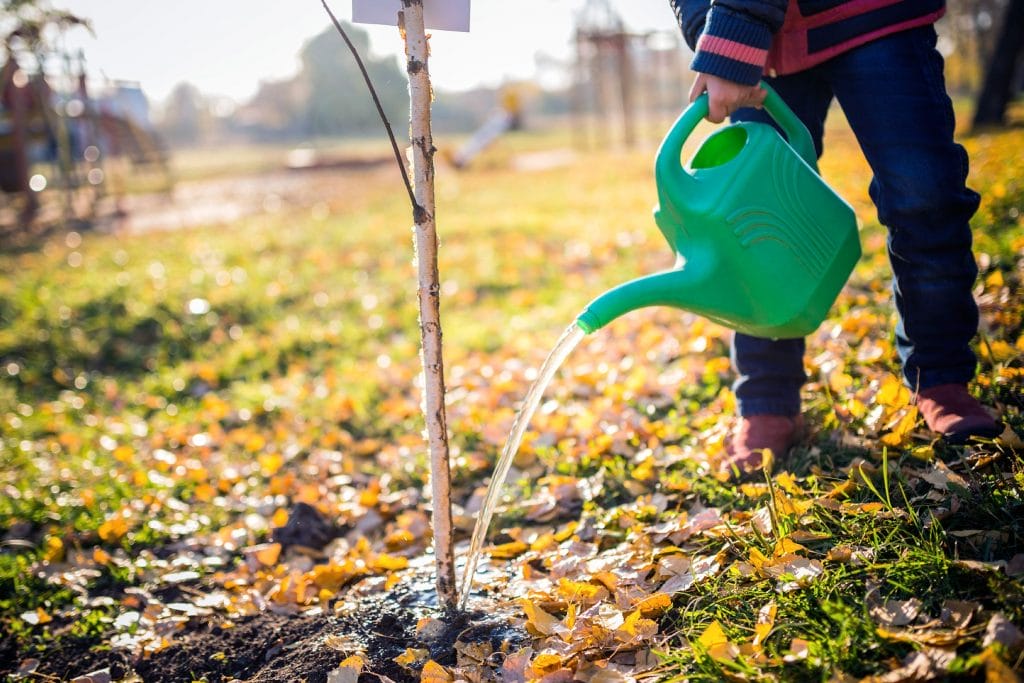
6. Control Weeds Before They Take Over
Winter lawn maintenance in Austin also involves tackling weeds. Although weeds may not be as active in the colder months, some varieties, such as winter weeds, can still thrive. A little preemptive care in the winter can save you time and frustration when spring rolls around.
Best practices for weed control:
- Apply a pre-emergent herbicide in late fall or early winter to prevent weeds from germinating.
- Use a natural or organic weed control method if you prefer a more eco-friendly approach.
- Stay on top of any visible weeds by hand-pulling or using targeted weed killers.
By controlling weeds early in the season, you reduce the competition for nutrients and space, helping your grass thrive once warmer weather arrives.
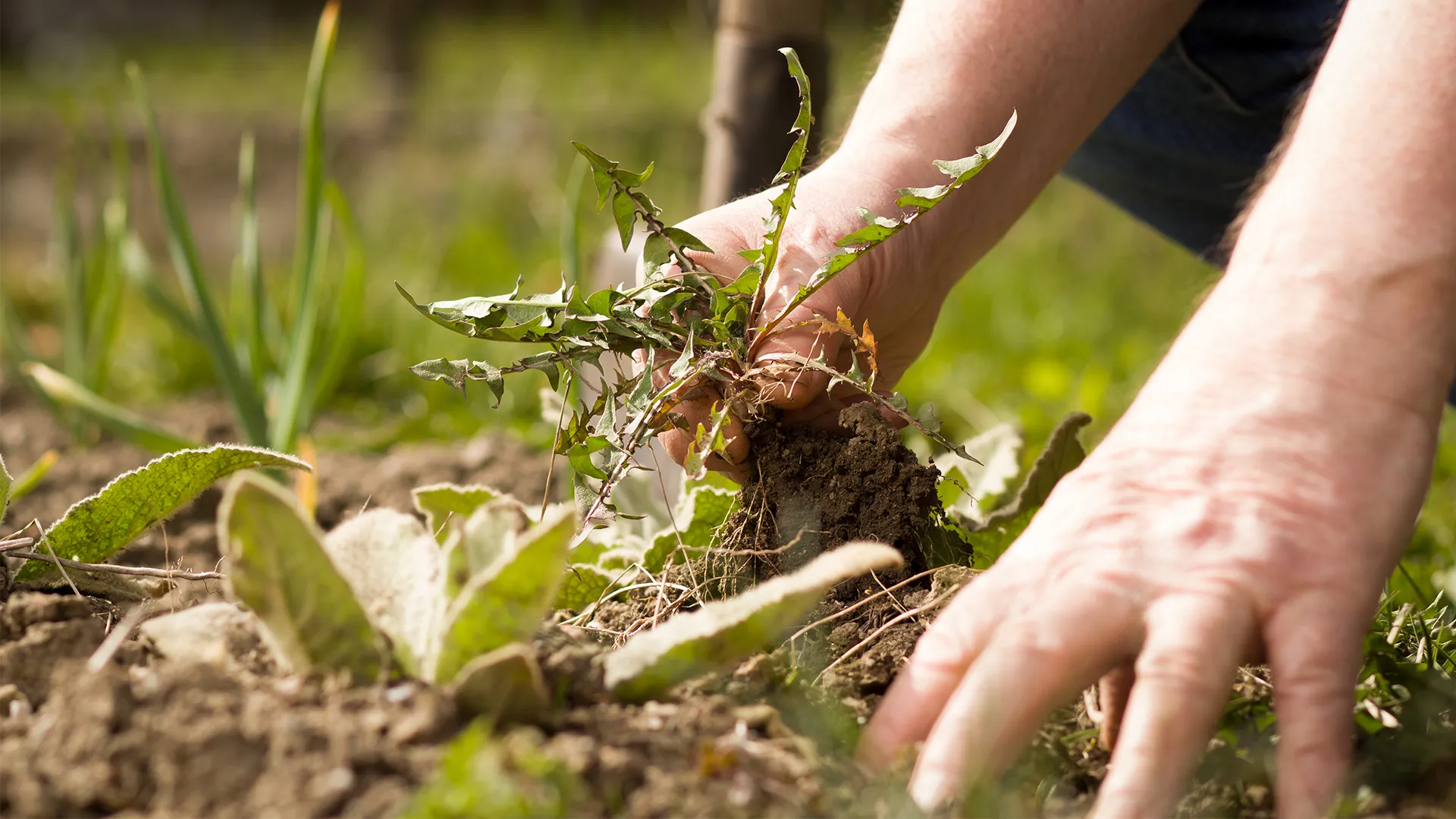
7. Keep Lawn Furniture and Decorations Off Your Grass
Winter can be a time for cozy outdoor living, and many Austin homeowners place outdoor furniture, fire pits, or holiday decorations on their lawns. However, leaving heavy objects on your grass for extended periods can lead to compaction and dead patches where the grass can’t get the air and nutrients it needs.
Tip: Move heavy items around periodically to avoid killing patches of grass. If possible, use outdoor rugs or mats to help distribute weight evenly.

8. Prune Trees and Shrubs Around Your Lawn
Winter is a good time to prune trees and shrubs that may be blocking sunlight or intruding onto your lawn. Keeping these plants healthy is part of your overall winter lawn maintenance routine. Trim dead or damaged branches to prevent them from falling and causing damage to your yard during winter storms.
Why pruning matters: Pruning not only helps maintain the shape and health of your trees but also reduces the chance of pests and disease taking hold during the dormant season.
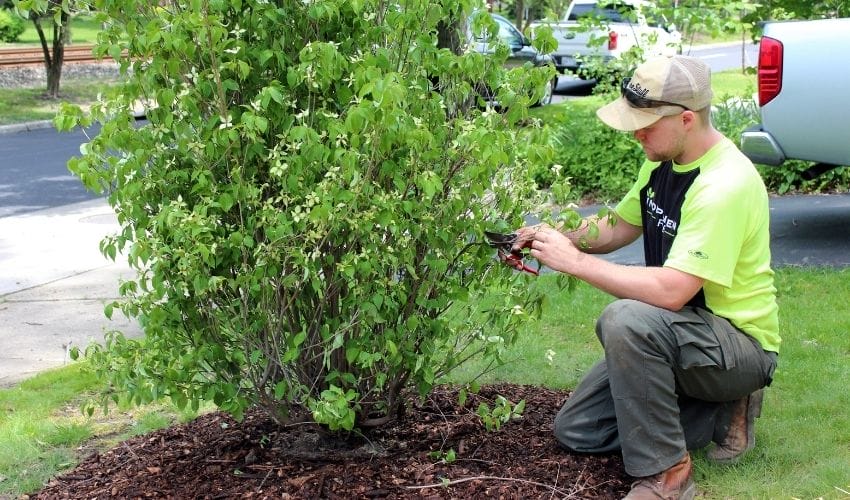
9. Check Your Irrigation System
Before the temperatures dip too low, check your irrigation system to make sure everything is in working order. In Austin, freezing temperatures are infrequent but possible, so it’s essential to ensure that your irrigation lines are properly insulated and free from leaks.
Tip: Consider turning off your automatic sprinkler system during the winter months to avoid over-watering, which could harm your lawn.
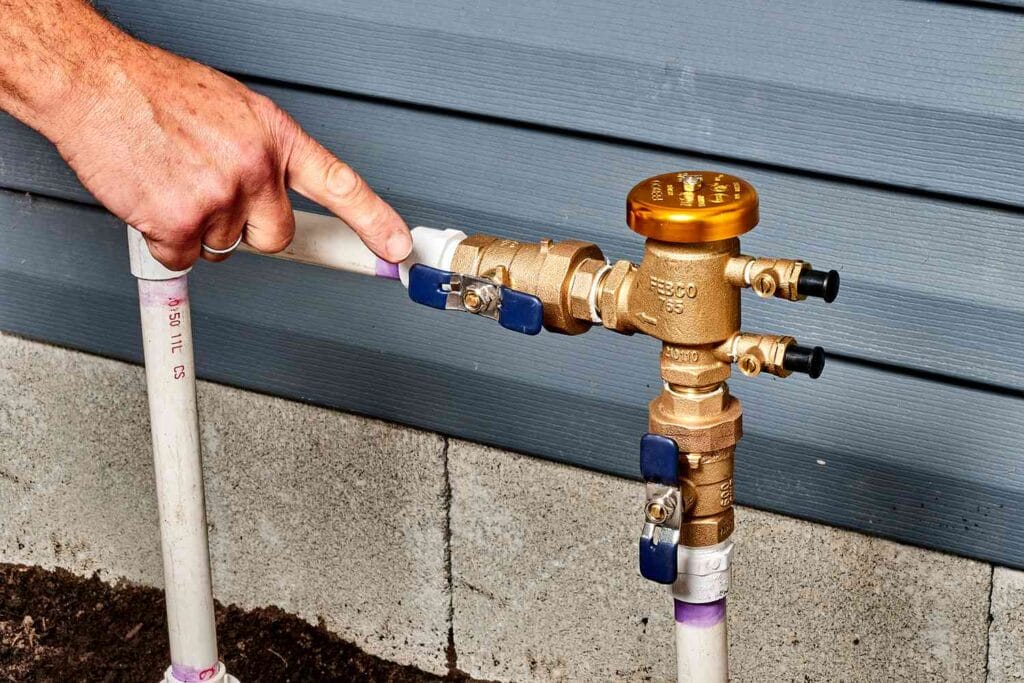
10. Monitor for Pests
Even though many pests become less active during the winter months, it’s still important to monitor for signs of activity. Ants, chinch bugs, and other pests can damage your lawn over time. If you notice unusual patches or pest activity, take steps to control the problem early.
What to look for: Check for visible signs of pests or damage, such as dead patches, holes, or unusual growth patterns.

Conclusion
Winter lawn maintenance in Austin is a crucial step to keeping your yard in healthy condition year-round. By following this checklist, you ensure that your lawn is well-prepared to weather the colder months, and it will be primed to thrive when spring arrives. With regular mowing, aeration, fertilization, and water management, your lawn can remain strong, green, and beautiful, even in the heart of winter.
By taking the time to care for your lawn during the winter, you’ll set the stage for a lush, vibrant landscape in the spring. Whether you’re a seasoned gardener or new to Austin’s unique climate, these winter lawn care tips will help ensure your lawn is the envy of the neighborhood come summer.
